
This week’s pour-over roast at 1000 Faces Coffee features a Red Caturra variety courtesy of La Familia Ortega-Gomez, a multi-generational family producer from San Agustin, Huila. 1000 Faces, who has been serving coffee in the Athens area since 2006, does not try to hide the origin of this Columbian-based brew from local customers. In fact, they display the name proudly on the chalkboard above the register, right next to their own logo.
“That all kind of plays into how we buy coffee. It’s largely based on relationships and people, and it goes a bit beyond just a price or just that it tastes great,” said Ben Bowdoin, director of coffee at 1000 Faces. 1000 dollar loan.
1000 Faces employs various techniques to promote sustainability within their business including supporting relationships with coffee growers, using methods of reducing air pollution when roasting coffee beans on site and providing compost and recycling bins in their café.
In a market stained by environmental issues like deforestation and labor exploitation, it is vital that coffee businesses maintain these important relationships and take steps towards more sustainable practices. This is how 1000 Faces does that, from beans, to brew, to buyer.
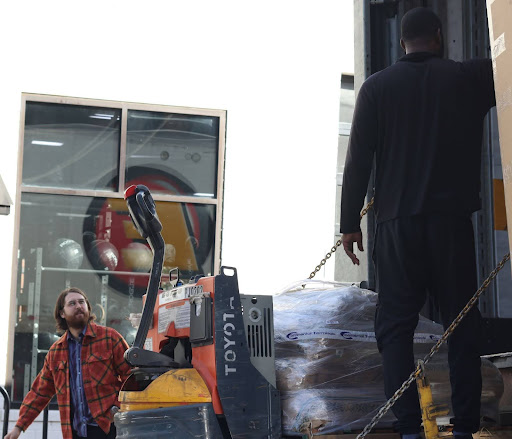
The Beans
Currently, there are few sustainability certifications for coffee businesses or farmers. Coffee buyers, like 1000 Faces Coffee, must personally verify if the beans have been grown with sustainable practices in mind.
“The funny thing about standards in the coffee business is there are not many, it’s very loosey goosey,” Bowdoin said. “Other than sort of the big two — if something is certified organic, or certified Fairtrade, those are like, tangible things.”
1000 Faces doesn’t have these certifications, which means that there is no way to truly know if the coffee beans they receive are grown with sustainable practices in mind.
In order to try to keep their own practices sustainable without a certification, 1000 Faces focuses on sustaining relationships with coffee growers.
According to Bowdoin, 1000 Faces will buy coffee from the same farms and farmers year after year, even if the beans change, in order to provide stability for both parties. 1000 Faces also participates in fair trade practices, including paying growers a livable wage.
“Think specialty coffee, as we’re doing it, trying to pay more money for coffee, trying to know where our products come from,” Bowdoin said.
These relationships allow 1000 Faces to verify for himself that standards are being upheld.
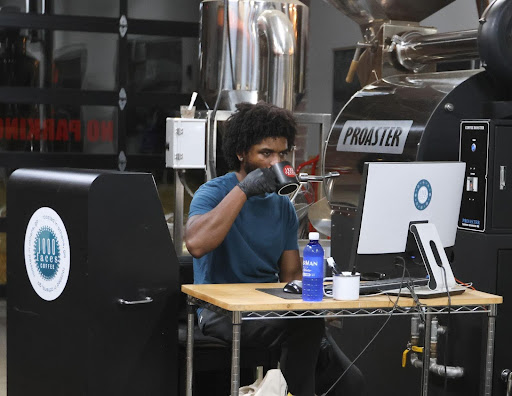
The Brew
In order to reduce smoke and air pollution when roasting coffee beans, 1000 Faces Coffee uses an afterburner. Afterburners are devices that burn the air after roasting a second time in order to reduce smoke in the air. According to Coffee Tec, an afterburner will reduce smoke and smells from the air by 90%.
1000 Faces also roasts 5,500 pounds of coffee per month and composts as much of their coffee grounds as possible. Additional compost bins are stationed around the building for customers and employees to further reduce the amount of food waste and organic material reaching Athens-Clarke County landfills.
“All of the pucks, like from the espresso, any kind of like leftover ground coffee that we can’t use, we just dump that in the compost as well,” said Jose Peña, the front of house café manager at 1000 Faces.
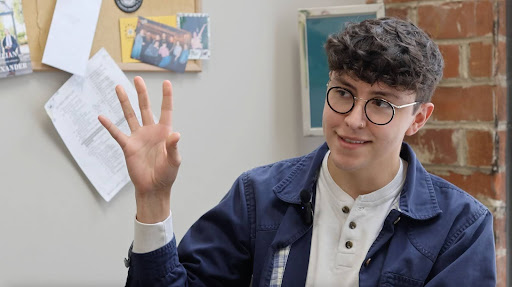
The Buyer
Outside the roastery, Peña creates opportunities for customers to engage in sustainable practices. 1000 Faces Coffee provides compost bins in the café and compost bins specifically for paper towels in their bathrooms.
“I’m trying to find ways to kind of incorporate green practices throughout,” Peña said.
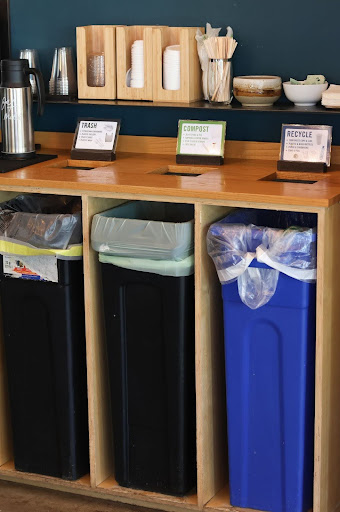
1000 Faces used to provide compostable cups as their to-go cups of choice. Management realized that customers leaving with their cups are less likely to encounter a compost bin like they would if they were dining in. The team decided to make the switch from compostable cups to recyclable cups in order to encourage customers to act more sustainably, since Bowdoin noted that recycling bins are more common than compost bins.
1000 Faces Coffee is challenged, as many businesses are, by a lack of resources to invest in sustainability. Peña and the rest of the staff believe that any changes they can implement, however small, will make a big difference in the long run.
“That has been like, a motto ever since 1000 Faces started, is taking care of the earth that, you know, grows this coffee for us,” said David Jobson, general manager of 1000 Faces Coffee.
Sophia Ralph, Victoria Andry, and Madeline Sparks are majoring in journalism at the University of Georgia.




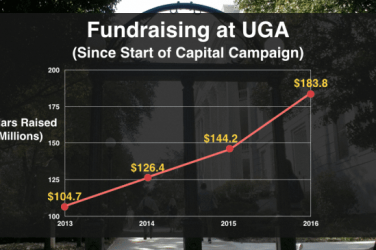



Show Comments (1)
Assets
Kudos to the Assets blog for breaking down complex financial concepts into digestible and actionable steps. The blog’s emphasis on long-term planning and the importance of understanding different asset classes resonated well with me. Clear, concise, and immensely informative!